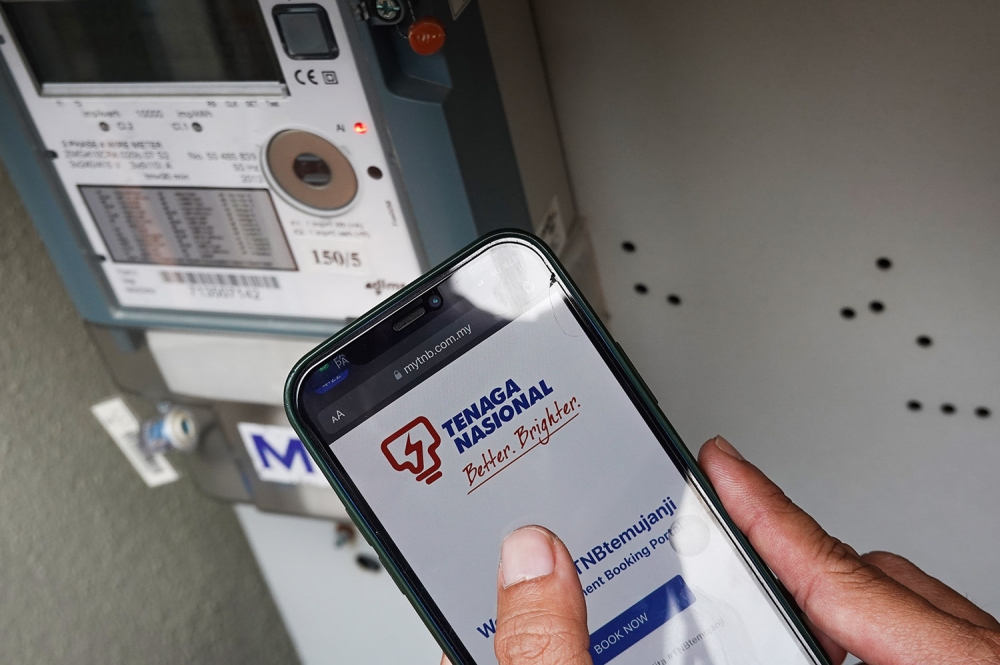DECEMBER 30 — On behalf of the shopping mall industry in Malaysia, we urge the authorities to reconsider the decision to increase the base electricity tariff, scheduled to be effective from July 2025. This announcement of a potential 15 per cent increase in TNB tariffs is expected to place enormous financial pressure on both operators and consumers. As commercial building operators pass on these costs, the impact on consumer prices will be unavoidable, driving inflation and putting further pressure on household disposable income and spending power. The commercial property sector, including shopping malls, have been grappling with significant operational challenges post-pandemic, with rising costs creating immense pressure on malls, hotel, and office operators. One of the most pressing issues has been the increase in the ICPT (Imbalance Cost Pass-Through) tariff, which surged from US$0.02/kWh to US$0.16/kWh – an 800 per cent increase. This increase now represents approximately 50 per cent of the total energy bill. For a typical sizable mall with half a million square feet, this translates to an additional and onerous annual electricity cost of around US$5 million. We would like to appeal to Tenaga Nasional Bhd and related authorities to consider a more equitable pricing structure instead of burdening the mall industry and eventually, our consumers. In addition to rising energy costs, operators are also burdened by increases in minimum wages and water tariffs. Combined, these factors have led to an overall operating cost increase of up to 140 per cent . The severity of this cost escalation has resulted in higher charges for goods, services and rental rates, directly impacting malls’ retail partners and consumers.

The challenges in rising costs extend beyond electricity tariffs and the abovementioned factors. Many statutory fees and licenses have also seen steep increases. For instance, JKKP (Department of Occupational Safety and Health) license renewal fees for lifts and escalators have increased by 300 per cent to 500 per cent as previously, these fees ranged from RM192 to RM392, but they now cost between RM650 and RM1,900 per lift. Although footfall to shopping malls have been encouraging over the festive year end season, the shopping spend from these shoppers is only now just recovering from the debilitating negative effects of the pandemic maelstrom. These compounding cost pressures will undoubtedly make the coming year an exceptionally challenging one for the commercial sector as well as consumers in terms of rising prices resulting in strong inflationary pressures.
* This is the personal opinion of the writer or publication and does not necessarily represent the views of Malay Mail.





















